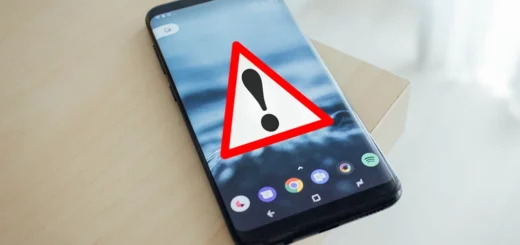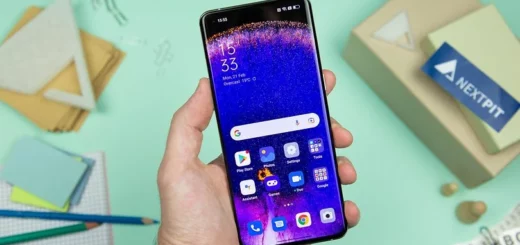How to Choose the Best Wireless Service Provider
Millions of people are switching to wireless service providers every year, often because their current service provider is inadequate for their internet and/or cell phone needs. But with so many different options, how can you choose the right one? First, know what you want.
Consider which type of service you want: landline or wireless, for example. Then consider your usage patterns, which will dictate which type of plan you need. For example, families with children often opt for unlimited data plans, while single people opt for pay-as-you-go plans. Next, know your budget and how much you’re willing to spend.
Telecom Services are an important part of daily life. We rely on them to stay connected, communicate, and be entertained. Consumers, therefore, have endless options when choosing a service provider, and with so many options to choose from, it can be difficult to make the right choice.
Consumers need to keep in mind how important speed, reliability, and customer service are to their wireless service provider, and they should research all of the available plans to find a provider that offers the features they want and at a price they can afford.
For the latest tips and tricks or to fix any issue with your android smartphone, click here.
Wireless Service Provider
Wireless service providers are a lot like internet service providers. They offer Internet access, they charge you for the service, and they (typically) offer a range of speed options. Like ISPs, wireless service providers offer three types of service plans: unlimited data, capped data, or a limited data plan.
Choosing a wireless service provider (also known as a wireless internet service provider) is a big decision, as you’re going to likely be stuck with that provider for at least the next 12 to 24 months. But you shouldn’t have a pickaxe to smash down your options.
You probably already have one or more providers in mind, so there’s no need to tear into the phonebook and open every phone book hoping to find one that serves your area. Instead, use an online directory service like Whitepages.com to look up the providers that already serve your area. Look for companies that offer consistent service, reasonable service fees, and a track record for reliable service.
Which Wireless Carrier Do You Want?

The battle for wireless carriers is fiercer than ever. You can barely move without running into another brand’s sign. AT&T, Verizon, Sprint, and T-Mobile—who if not one of these companies? And, while the market is dominated by these four, there are dozens of regional carriers. Do you want to join one? Which wireless carrier do you want?
With a plethora of wireless carriers to choose from, picking one can be a bit of a hassle. But don’t worry: there’s a quick and easy way to figure out which carrier you want, and it’s by taking only three questions. The first question is: do you prefer prepaid or contract?
Prepaid is for the frugal person, and the contract is for the person who wants peace of mind. Next, just ask yourself: do you use your cell phone mainly for talking or texting? If talking is most important, then Sprint is the way to go, since Sprint offers unlimited talk and text. If texting is what you want, then T-Mobile is the best choice. Finally, just figure out what type of coverage you want. If there’s spotty coverage around your house, then choose a carrier with nationwide coverage like Verizon.
Top Wireless Service Providers

Looking for the perfect wireless provider? Whether you’re a new customer looking for a service upgrade or you’ve been with your current carrier for a while, it’s always a good idea to shop around. And while you’re at it, be sure to look for promotions that can help you save money. Keep reading for some tips on how to choose the right carrier for your needs.
Whether you’re moving to Denver or just looking for a new cell phone plan, it’s easy to get overwhelmed or confused by all the cell phone plan options in Denver. Three main wireless carriers are operating in Denver: AT&T, Sprint, and T-Mobile. AT&T, Sprint, and T-Mobile all offer great options for Denver cell phone plans. Here are some top-class wireless service providers…
- AT&T Mobility
- Verizon Wireless
- Sprint Nextel
- T-Mobile
- TracFone Wireless
- MetroPCS
- Cricket Wireless
- U.S. Cellular
Location Matters when you Choose the best Wireless service Providers
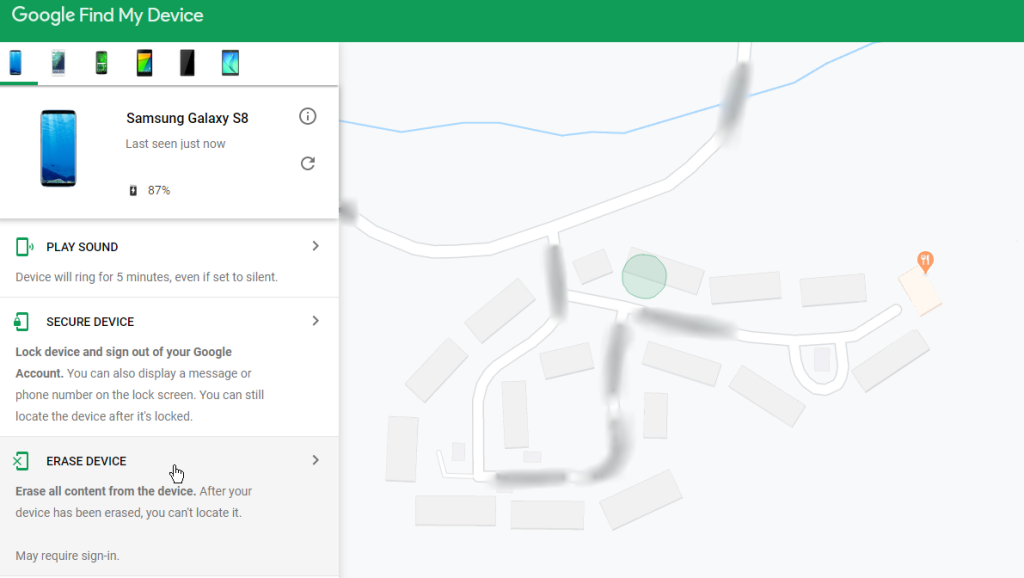
Choosing the best wireless providers can be tricky. To figure out what the best cell phone plan is for your business, you must first understand the differences between each company and what each plan offers.
Also, you have to consider whether the plan, service, or data you need is already in place or whether you will need to reconfigure your network or cell towers to fit your needs. Location matters when you choose the right wireless service provider, so read on to discover a strategy for determining the best wireless providers near you!
Wireless providers compete for customers, so location matters. For example, if you live in a small town and have fiber, you may get Verizon Fios. If you live in a big city and only have DSL, AT&T may be your only option. So, if you’re wondering about the best wireless providers in your area, check to see what available service options are available to you before buying a phone.
Upgrading a New Wireless Service Providers
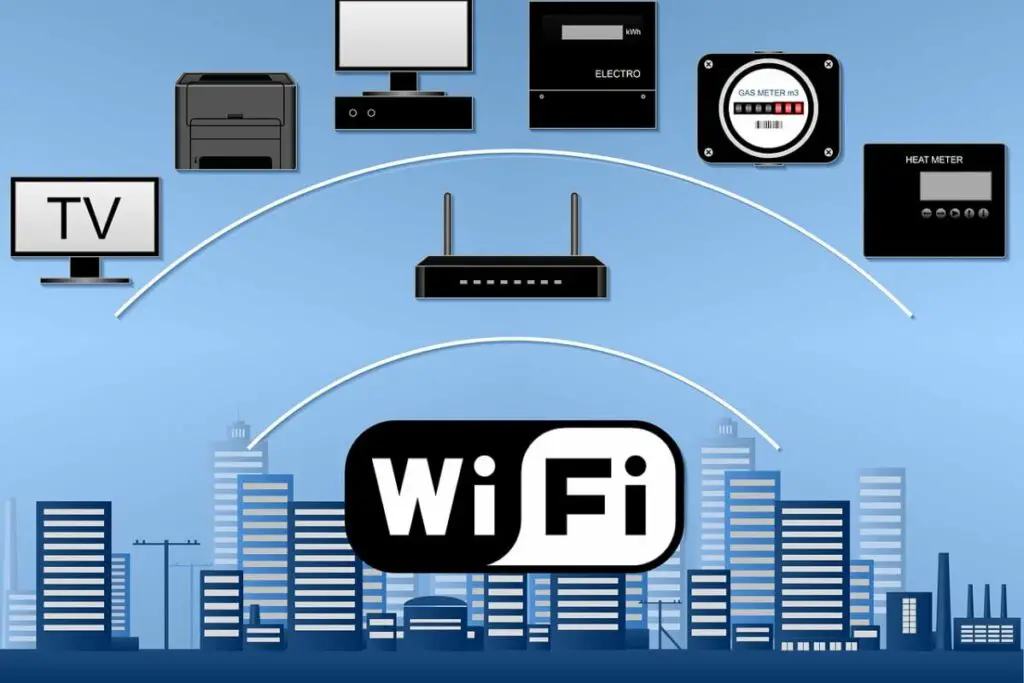
When your network is slow or unreliable, it can seem like you’re being punished. Upgrading to a new service provider is a great way to escape that misery. But how do you know when the time is right? Here’s everything you need to know about upgrading a wireless service provider.
If you’ve recently moved into a new house, apartment, or rental property, you’re probably looking forward to checking out your new surroundings. However, you also want to ensure that everything’s working properly. This includes your wireless phone service, so make sure to upgrade your wireless service providers to the best home phone provider in your area.
Picking the right wireless service provider (WSP) isn’t as easy as it has been in the past, because consumers have so many more options. In the past, a consumer’s choices were limited to one WSP, which integrated the local and long-distance phone service in one bundle.
Now, consumers can choose between several WSPs. The choices range from the traditional Big Four—AT&T, Verizon, T-Mobile, and Sprint—to much smaller companies such as Google Fiber, Republic Wireless, and Ting.
Wireless service providers are notorious for providing terrible service. And in the age of the Internet and mobile phones, that service can make or break your business. So, if you’re tired of dealing with spotty service, poor coverage, and dropped calls with your current carrier, it may be time to switch.
Wireless Service Providers Cancelation Fees
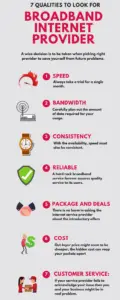
Wireless service providers have cancellation fees. You thought you were free of fees after you bought your phone. Well, think again. When you cancel or upgrade your phone, your provider will charge a fee. These fees vary by provider and type of phone.
For example, if you cancel before the end of your current contract, you may be charged an early termination fee. If you bought your phone at full price, don’t expect to be refunded the difference.
When you sign up for a new wireless service provider, you will likely need to transfer your number to that carrier. To do this, you will need to cancel your current service. Wireless service providers typically charge $25 to $30 for number transfers. These charges, which usually appear on your final billing statement, are often referred to as a cancellation fee.
Wireless Service Providers Cancelation Fees: A Wireless Service Provider (“Service Provider”) may cancel or terminate your Service at any time, with or without cause, by giving you written notice (“Notice”). The Notice will inform you of your right to prepay the remaining amount of your monthly Service charges, including all applicable taxes.
If you prepay the remaining amount of your monthly Service charges, the Prepaid Services will be valid for the full monthly Service period, or any portion thereof which has not been prepaid, in which case the Prepaid Services will expire 30 days after the date of the applicable prepayment.
Wireless service providers aren’t known for their generosity with cancellation policies. Most carriers will charge you a fee for canceling your service, which usually amounts to around $25. That may seem like a tiny sum, but if you’re paying $100 a month or more for your service, that $25 fee becomes $250 a year. That’s a lot of money that can be better spent elsewhere. Luckily, some providers are better about letting you cancel without a penalty than others.
Wireless Service Providers International Roaming

Mobile devices have made our lives so much easier, allowing us to be connected and in touch at all times. But while most phones can technically be used abroad, using them in another country can get expensive and frustrating.
But don’t worry: there’s a solution. In 2015, the International Telecommunications Union (ITU) approved a set of rules that will allow mobile providers around the world to create unified roaming agreements that allow users to use voice and data services while traveling in different countries.
(Currently, this right exists only in a few countries.) Other countries are also working on similar agreements, so the roaming situation for consumers is heading in the right direction.
International travelers who don’t want to worry about how they will communicate with family and friends during their trip can take advantage of WPS International Roaming. WPS international roaming allows you to keep your current cell phone number that you are already using at home.
So, if your friend or family member is overseas, you can use their phone number to contact them while you are traveling. International roaming is easy and affordable to use. Most international travelers can stay on their current plan with their current phone while abroad and still be charged at their current rate. This is a great solution for people who do not want to purchase an entirely new cell phone to use while traveling.
Wireless Service Providers International Roaming Charges
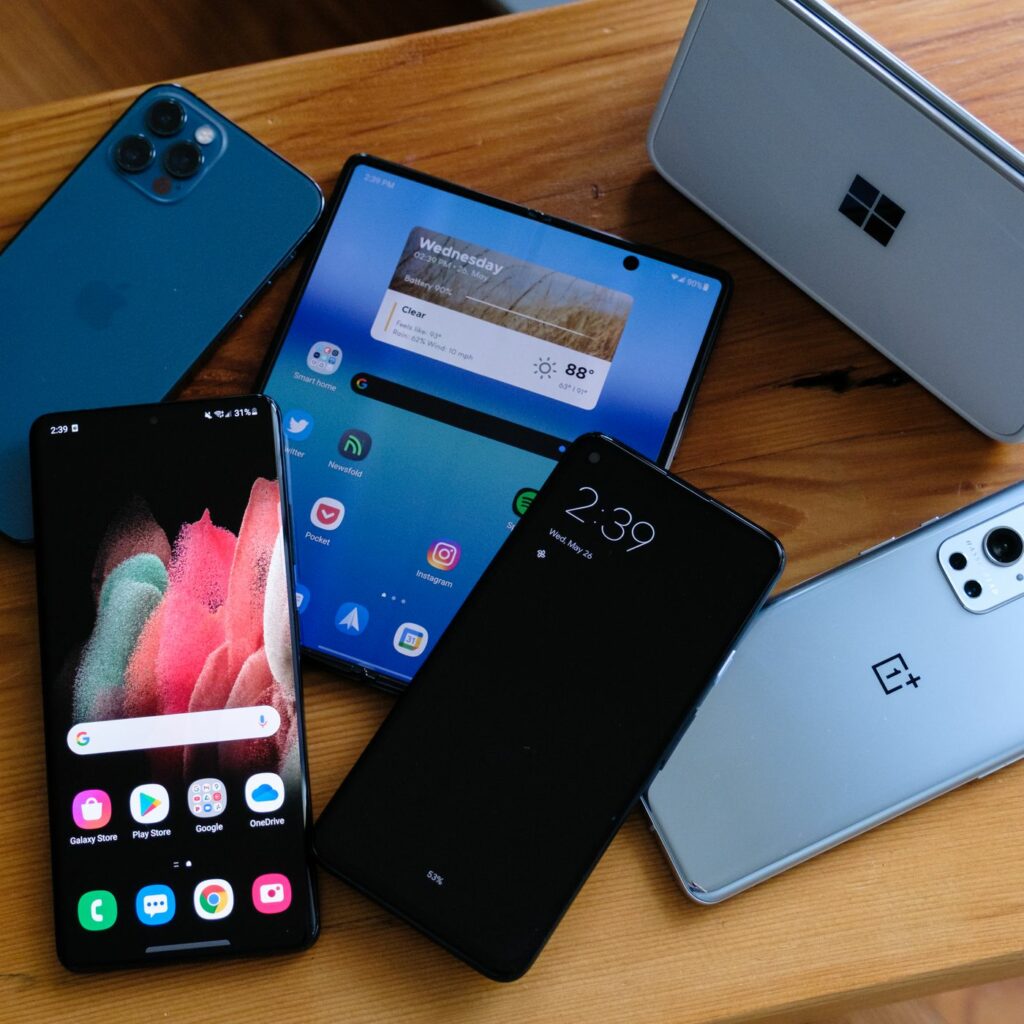
Roaming charges from wireless service providers (such as Verizon, Sprint, T-Mobile, and AT&T) might surprise you. These international roaming charges are a way for you to keep using your phone while you are abroad, but they can add up. Roaming rates vary depending on the country or countries you visit, and the rates are also dynamic, meaning that they depend on your phone plan, location, and duration.
Traveling internationally can be an amazing, memorable experience, but getting that amazing experience can be spoiled by unexpected charges from your wireless service provider. Roaming charges can be incredibly high, especially in countries with less-developed telecommunications services. However, if you know what to be aware of, you can avoid those high roaming charges.
Wireless Service Providers International Roaming Charges: When traveling internationally, it’s sometimes nice to be able to keep the same phone number and cell phone plan. From ordering a hotel room service to receiving service while on the go, your wireless service provider should be able to switch you over to an international plan. However, that may not always be the case.
International roaming charges can be crazy expensive, especially when you take into account the cost of using your smartphone abroad. So what can you do to avoid paying roaming charges for using your phone abroad? There are multiple options, but the best one is to choose a wireless service provider that offers free international roaming.
Not all Wireless Service Providers’ data plans are created equal

Whether you’re shopping for a new cell phone plan or you’re switching carriers, it’s important to understand what kind of data plan you’re getting. Not all data plans are created equal, so do your research before getting a new plan makes sense.
Last year, the Federal Communications Commission voted to repeal net neutrality rules that required internet service providers to treat all data traffic equally. The move made many people question if internet service providers would begin creating tiered data plans, charging customers more based on their bandwidth needs. While people began to wonder if this would lead to higher costs, providers have made no moves towards offering tiered data plans.
For more information on wireless service providers, you can read: Wireless Coverage Maps
The Bottom Line
Choosing a wireless service provider can be difficult. Many wireless companies advertise great deals, but once you start looking more closely at the prices, you may find there are some hidden fees. Some wireless service providers charge extra fees for data. And some charge a monthly fee for data. Some charge for international data. But, how do you know which wireless service provider is the best for you? If you read this article carefully then you’ll easily understand how it works overall.
Choosing the best wireless provider isn’t as simple as it used to be. It used to be that you got your phone from the carrier of your choice (or not at all), and if you wanted to use your phone to also get Internet service, you went with the same company. Well, those days are over.
Over the past few years, more wireless carriers have become wireless ISPs, which means they provide Internet service in addition to phone service, which means choosing one is no longer as simple as choosing your phone. You need to know what kind of Internet service you want before you choose your carrier, and if you need data, you need to pick a data plan to go with it. And that’s the case whether you have a phone or not.

